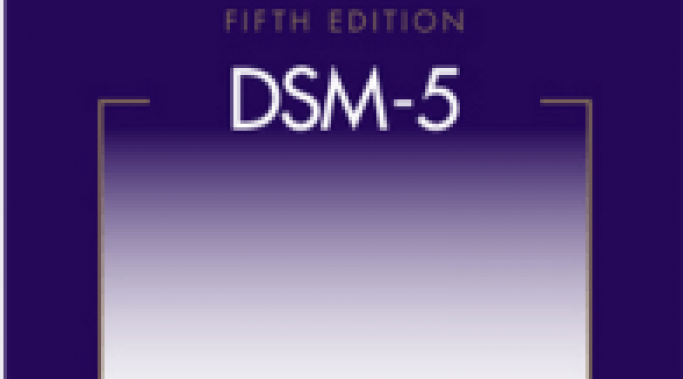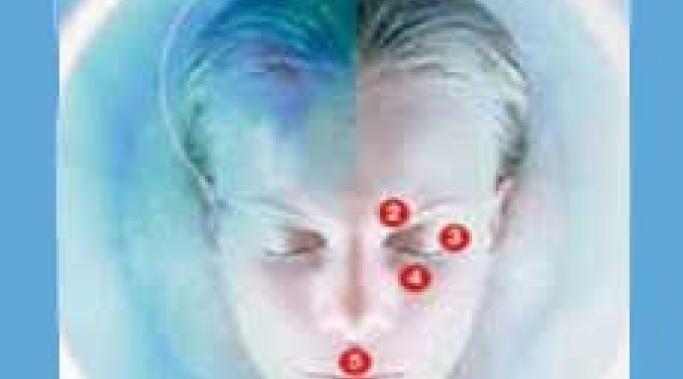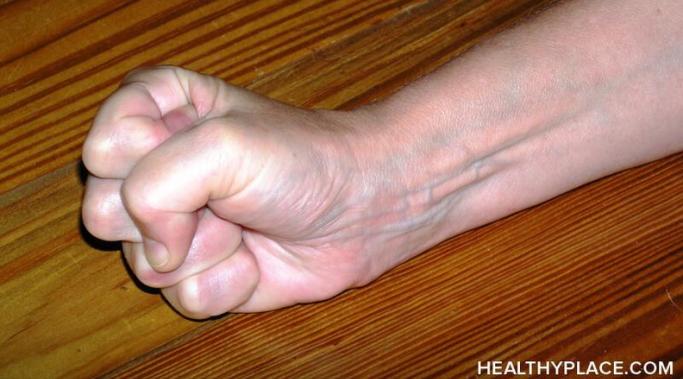Blogs
Anthony D'Aconti
The first time I saw actress Jennifer Lawrence on the silver screen – for her critically-acclaimed role as Katniss Everdeen in the Hunger Games – I was nothing short of impressed by her incredible talent and acting ability. Considering the unprecedented success of the film, it’s safe to say I wasn’t the only one who found Lawrence captivating on her mission to conquer the epic battle known as the Hunger Games. But there is something else about Jennifer Lawrence that intrigued me – that the actress once suffered from severe social anxiety. Needless to say, I found her battle with social anxiety as fascinating as her battle in the movie.
The Diagnostic and Statistical Manual of Mental Disorders (DSM) is the manual that outlines all known mental illnesses, what they are, how they are diagnosed, and in some respects, treatment. In May, the DSM released its fifth version and with it came a change in how post-traumatic stress disorder (PTSD) is viewed. While PTSD used to be categorized with the anxiety disorders, it now has been moved into a separate chapter called “Trauma- and Stress-Related Disorders.”
Happy holidays? Get real! Maybe a happier holiday will do. For many, the holidays are anything but happy. There's the stress to spend too much, dealing with family dysfunction and those feelings of insecurity from comparing your life to family and friends' lives. All of these can wreck the holiday season.
When you focus on the past, the problems and the feelings of frustration it produces takes away from all the self-confidence and self-esteem you have been working on. When we put our energy into negative thinking or those on the naughty list, our self-esteem plummets. Instead, focusing on feeling happier will make this a happier holiday for you and the ones you love.
Ever wonder if tapping on your face could decrease your anxiety? Having Adult ADHD can be stressful and decreasing anxiety is always a good thing to strive for.
On a normal day, I could have walked away.
Very few of my neighbors in this mental illness treatment facility are violent. That said, one of my neighbors, who has a history of aggression, recently started cussing me out with a mix of b-words and f-bombs, then challenged me to a fistfight. I took off my glasses and said I was fine with that as long as she threw the first punch. She told me ""#$%!, you throw the first punch, I ain't crazy!" and a social worker came and broke it up.
I went to my apartment and immediately had an asthma attack (Physical Disorders with Panic-Like Symptoms). I also punched a wall, bruising three knuckles. Not my finest moment, and not normal for me. But afterwards, I thought about what should happen when violence in mental illness treatment facilities becomes a problem.
Bipolar disorder has the simultaneous problem of being both underdiagnosed and overdiagnosed. While there’s little literature on overdiagnosis, what is clear is that the right people aren’t getting the right diagnosis all of the time. And while no one wants a false positive when diagnosing a mental illness, it’s also absolutely imperative that a diagnosis of bipolar disorder not be missed.
And unfortunately, all too often, bipolar disorder is misdiagnosed as Dr. Prakash Masand, CEO and Founder of Global Medical Education, says, "Missing the diagnosis of bipolar illness is all too common in clinical practice with devastating consequences for patients and families."
Being courageous as a parent of a child with mental illness is a huge challenge for me. I've always been an anxious person; even more so that I've become parent to a pre-teen. While I continue to be afraid of how the world can affect my child especially because of his issues, I push myself to allow Bob room to grow.
Do you have a bully inside your own head? Many adults with ADHD do. You know what I mean, those negative thoughts that keep putting you down and killing your self-esteem and self-confidence.
Making sure not to minimize the bullying that goes on between people, I have to wonder, where is the program for the internal bullying that goes on in our own heads?
In the context of peer support, I'm often asked about what eating disorder recovery means to me and how I 'got' here. Basically, I'm asked to sort of summarize the most important thoughts I went through while battling the disease; or now, looking back on it. I'm happy to share with you readers some of my most personal truths discovered along the way; things I know for sure about myself and about what my recovery was like, and also in regards to how I feel about my history with bulimia.
It’s cold. There’s snow. Ice is covering the roads. Heat is on full blast.
For those living in the snowy states, this is what you see everyday. Lately, when I wake up and look out my window, I ask myself, “Why didn’t I wake up an hour earlier to brush off my car?” Usually, because the roads aren’t plowed to perfection, my coffee gets cold by the time I get to work.
These are stressors that some people experience on a daily basis in the winter. Without the correct coping skills, self-harmers may see these obstacles as reasons to hurt themselves.








